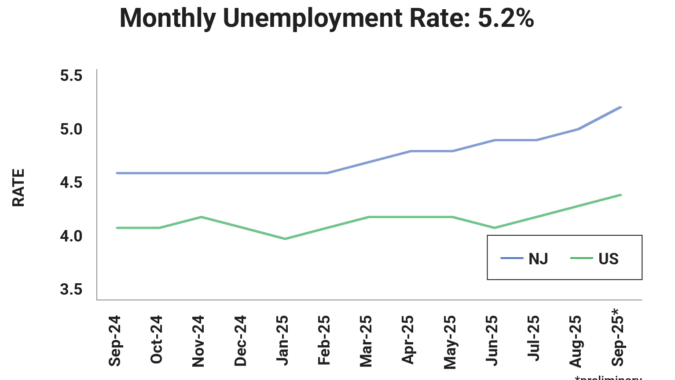NJBIA testified against a bill before the Senate Labor Committee on Thursday that would raise the cap on attorney contingency fees in worker compensation cases, a change that would increase costs for employers and chip away at awards for injured workers.
The Senate Labor Committee voted 4-1 to advance S-4059 which would raise the cap on contingency fees collected by attorneys who prevail in workers’ compensation cases from 20% of the underlying recovery to 25%.
“When paying attorneys’ fees, employers typically end up covering 60% of this cost and the other 40% is paid by injured workers through a deduction in their final settlement,” NJBIA Vice President of Government Affairs Elissa Frank said in her prepared testimony.
“Settlement awards, and thus attorney fees, have steadily increased each year based on changes in the State Average Weekly Wage (‘SAWW’),” Frank said. “Over the last decade, the SAWW has increased more than 28%, providing a direct increase to fees paid to attorneys based on those amounts.
“Absent evidence demonstrating that increased fee awards are necessary to attract competent counsel to workers’ compensation cases, NJBIA does not believe there is a need to arbitrarily increase attorneys’ fee awards at the expense of employers and injured workers,” Frank said.
The bill also would expand the application of the fee to orders for payment of medical and temporary disability benefits on motion and orders approving settlement of any kind. The bill would set the maximum fees of evaluating physicians for claimants for the written reports at $1,000. The maximum fee of $1,000 represents an increase of $400 over the current maximum of $600, in the case of a claimant’s evaluating physician.
“This legislation combined with a bill that recently moved through the Legislature to increase physician fees in workers’ compensation cases will serve as a one-two punch to employer and employee workers’ compensation costs in New Jersey,” Frank said. “We urge the Legislature to proceed with caution and take into consideration the collective impact bills like these will have on our business climate.”



